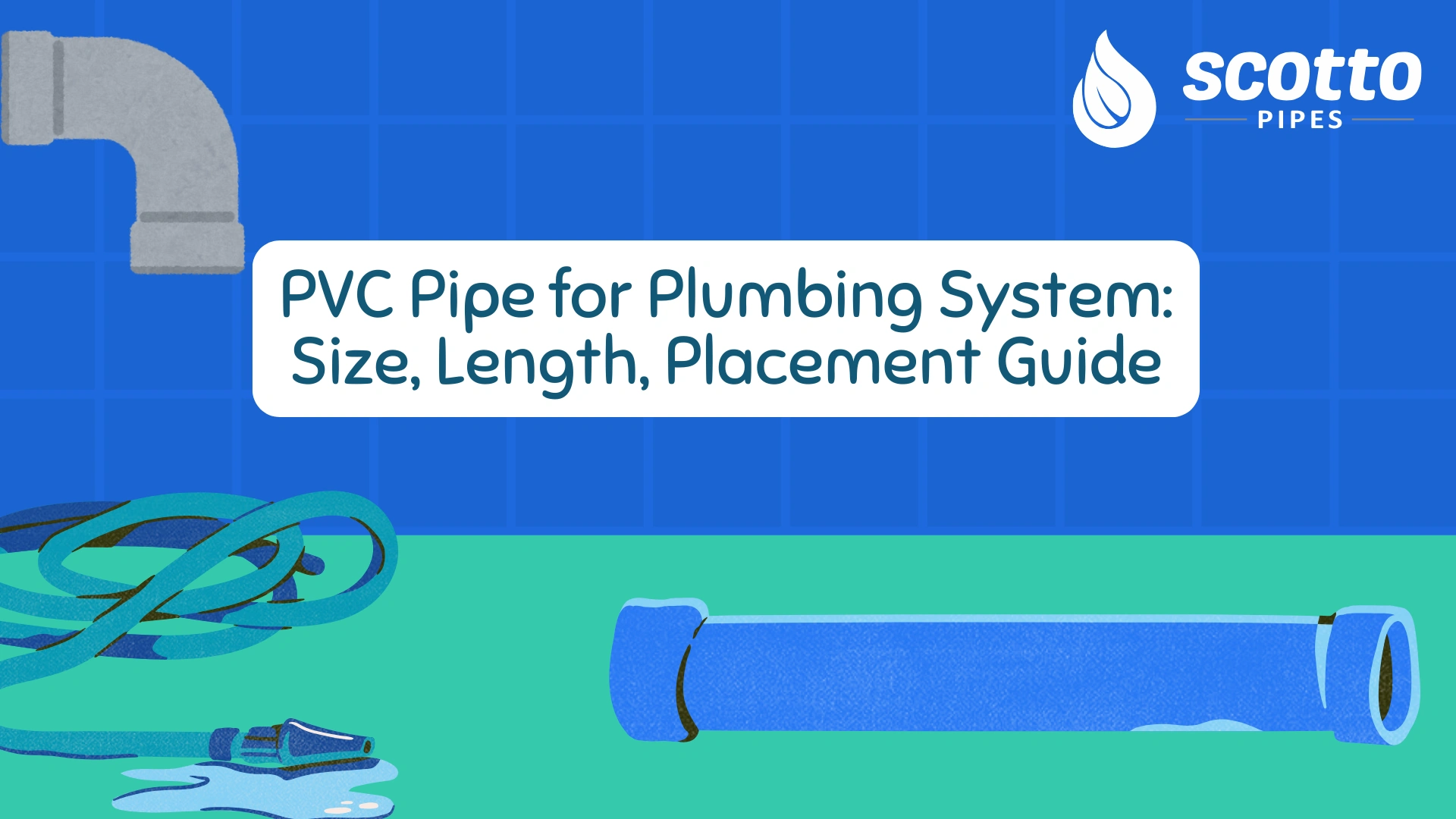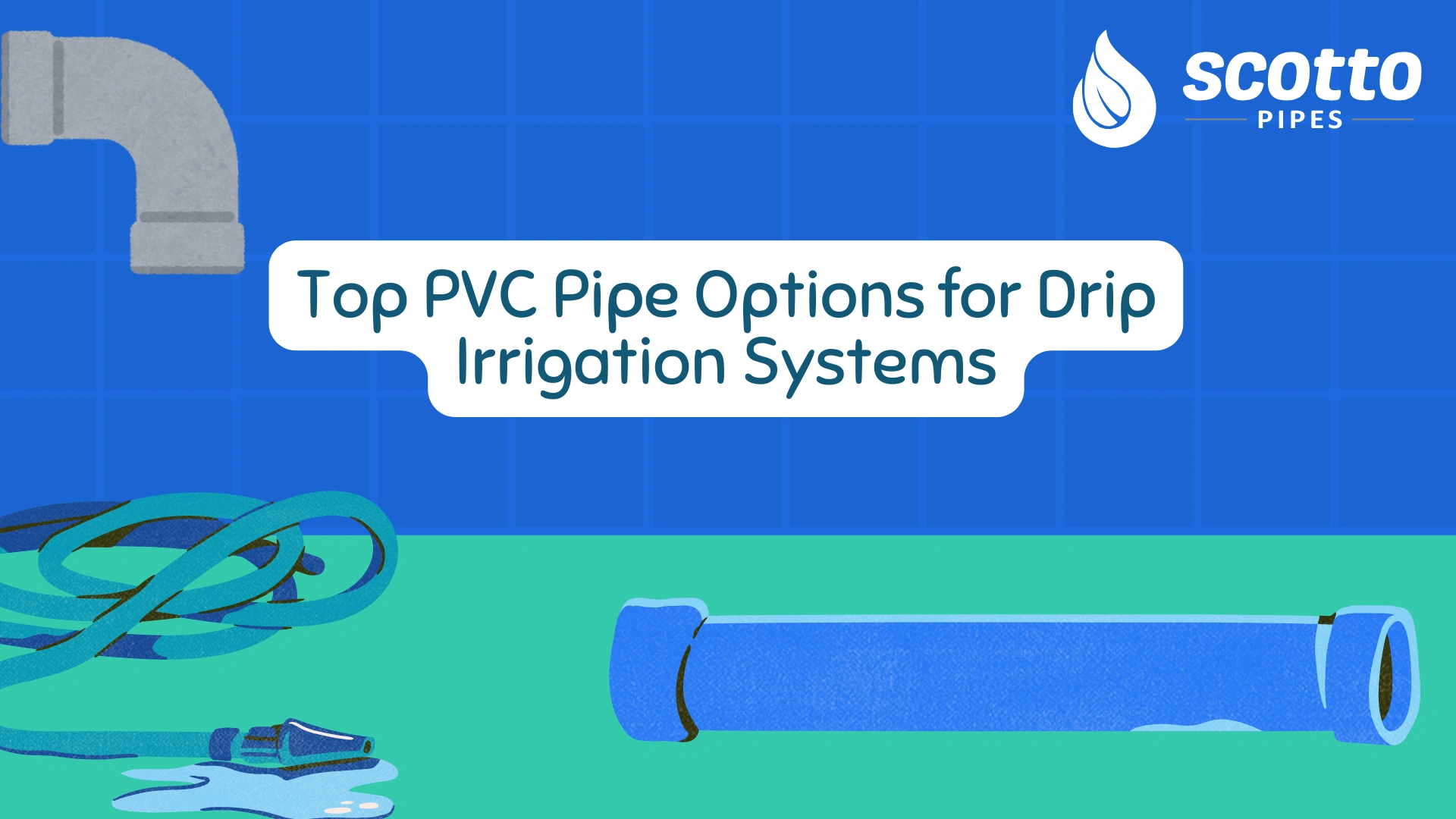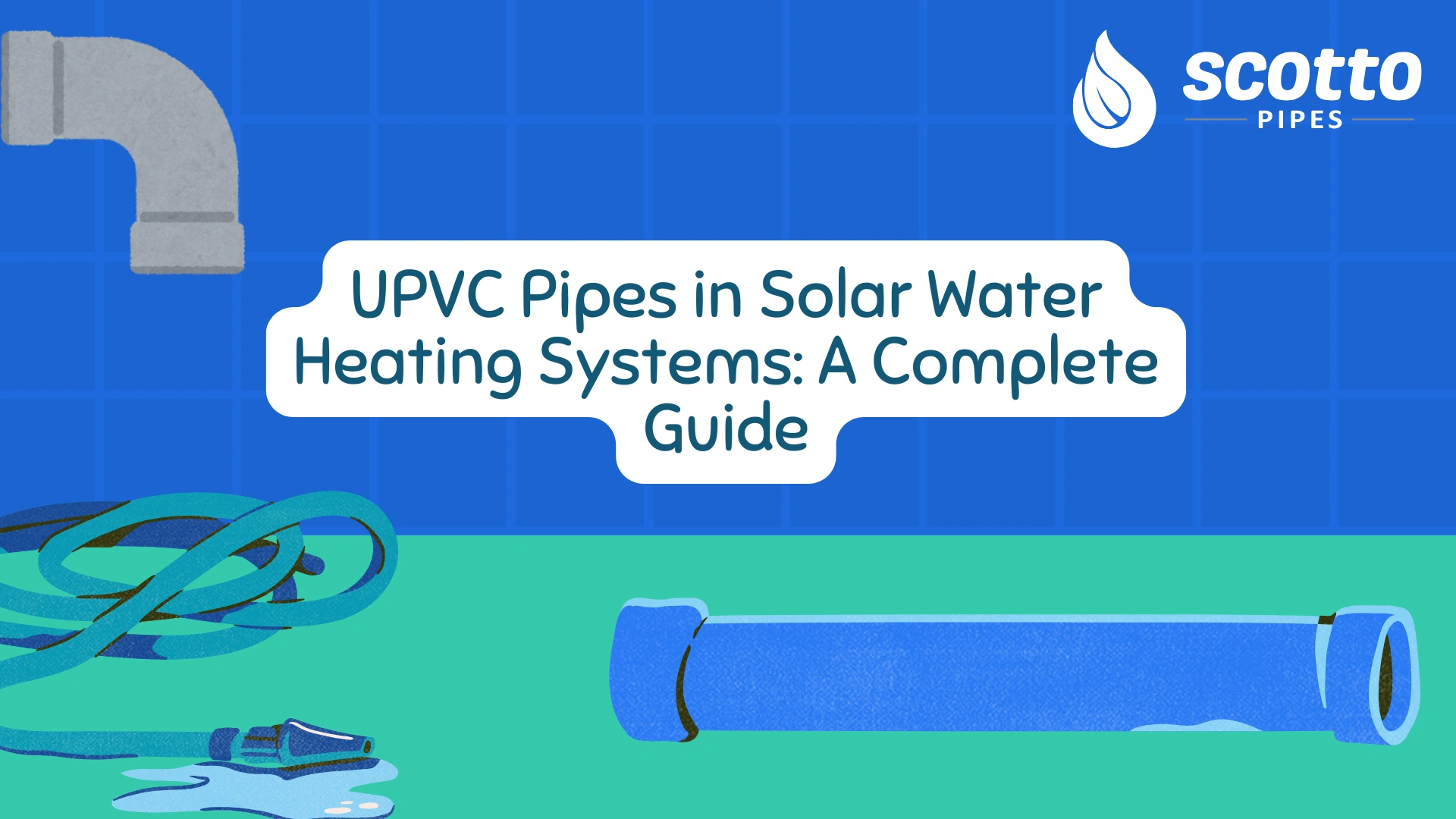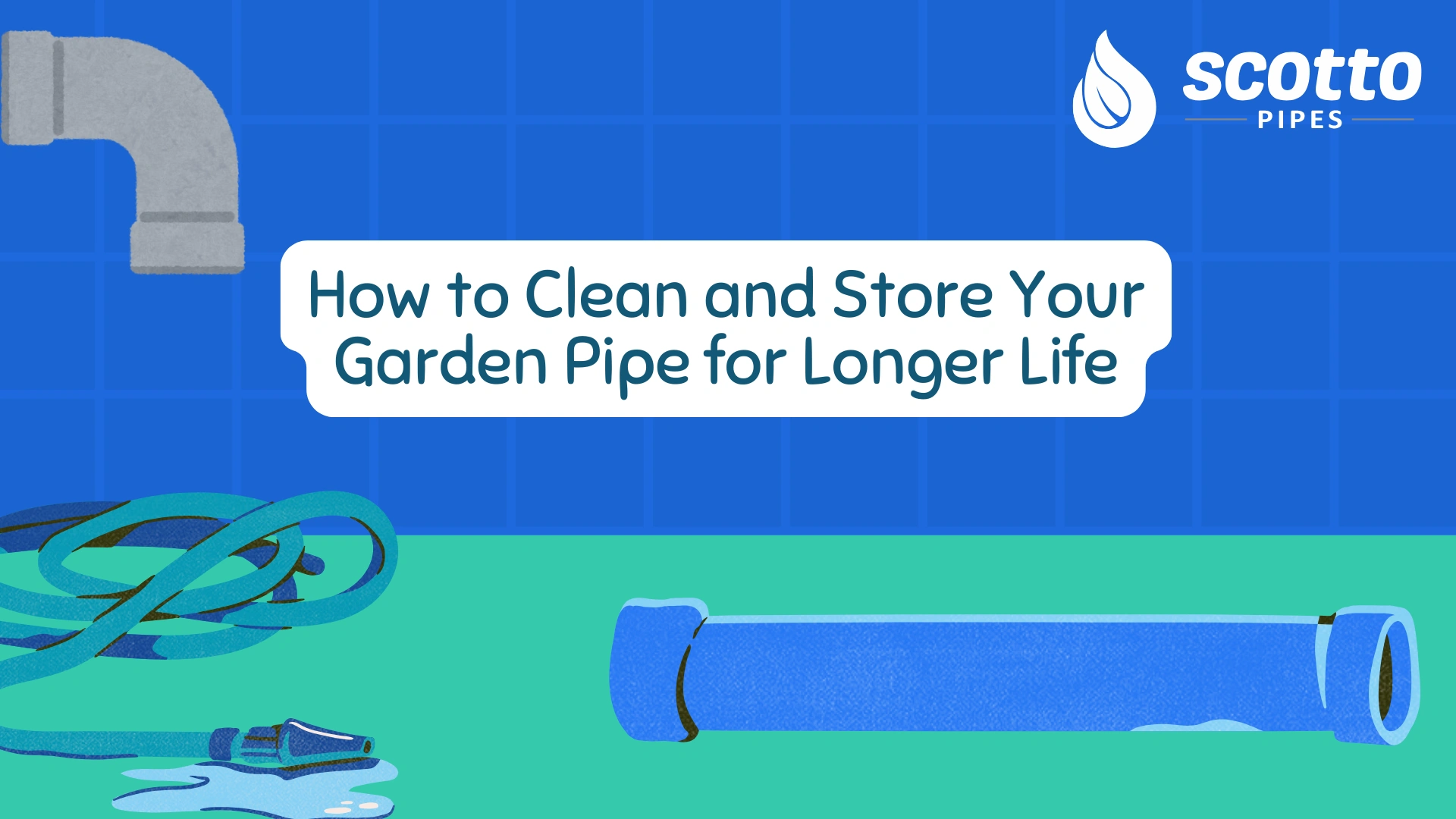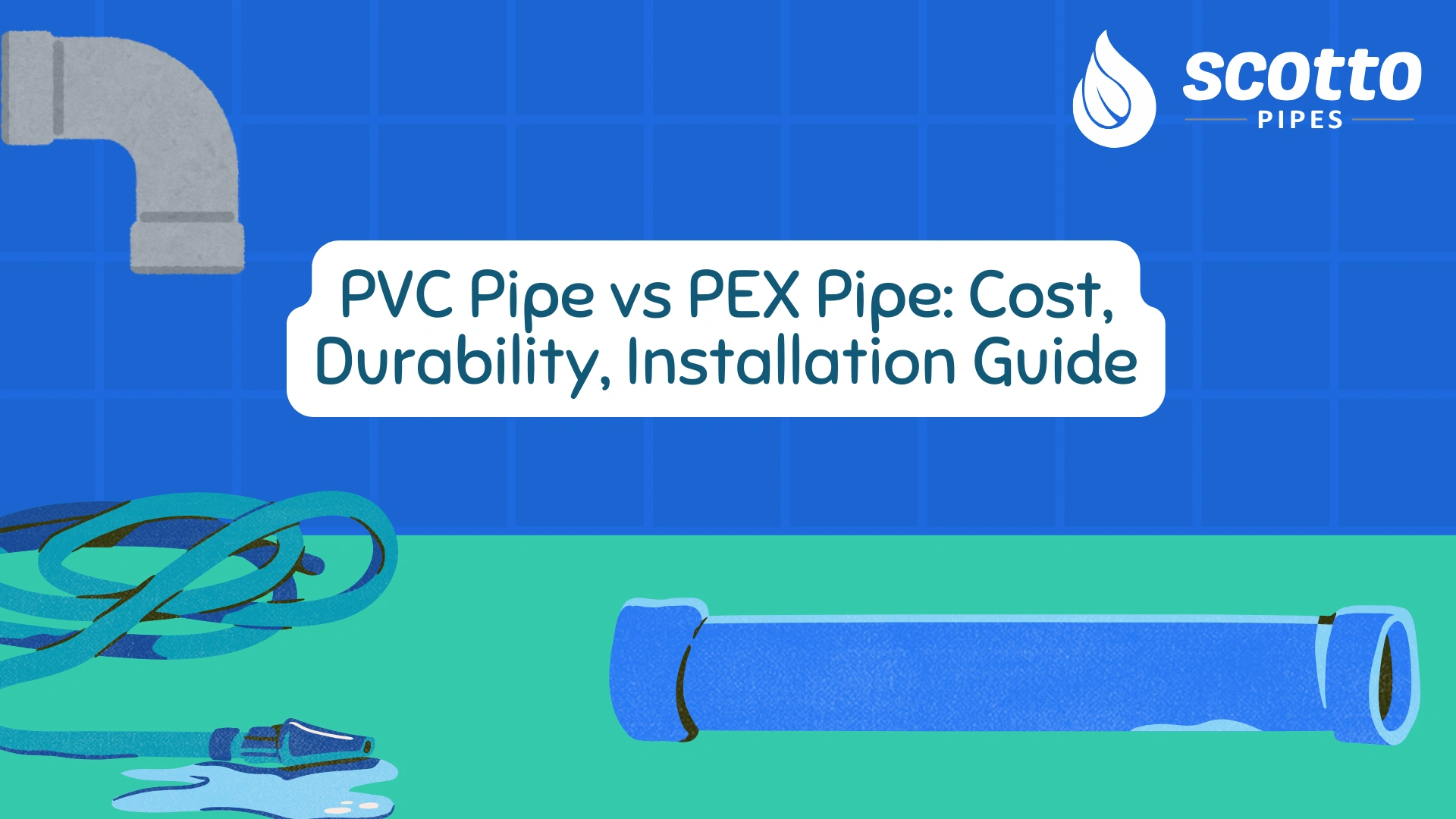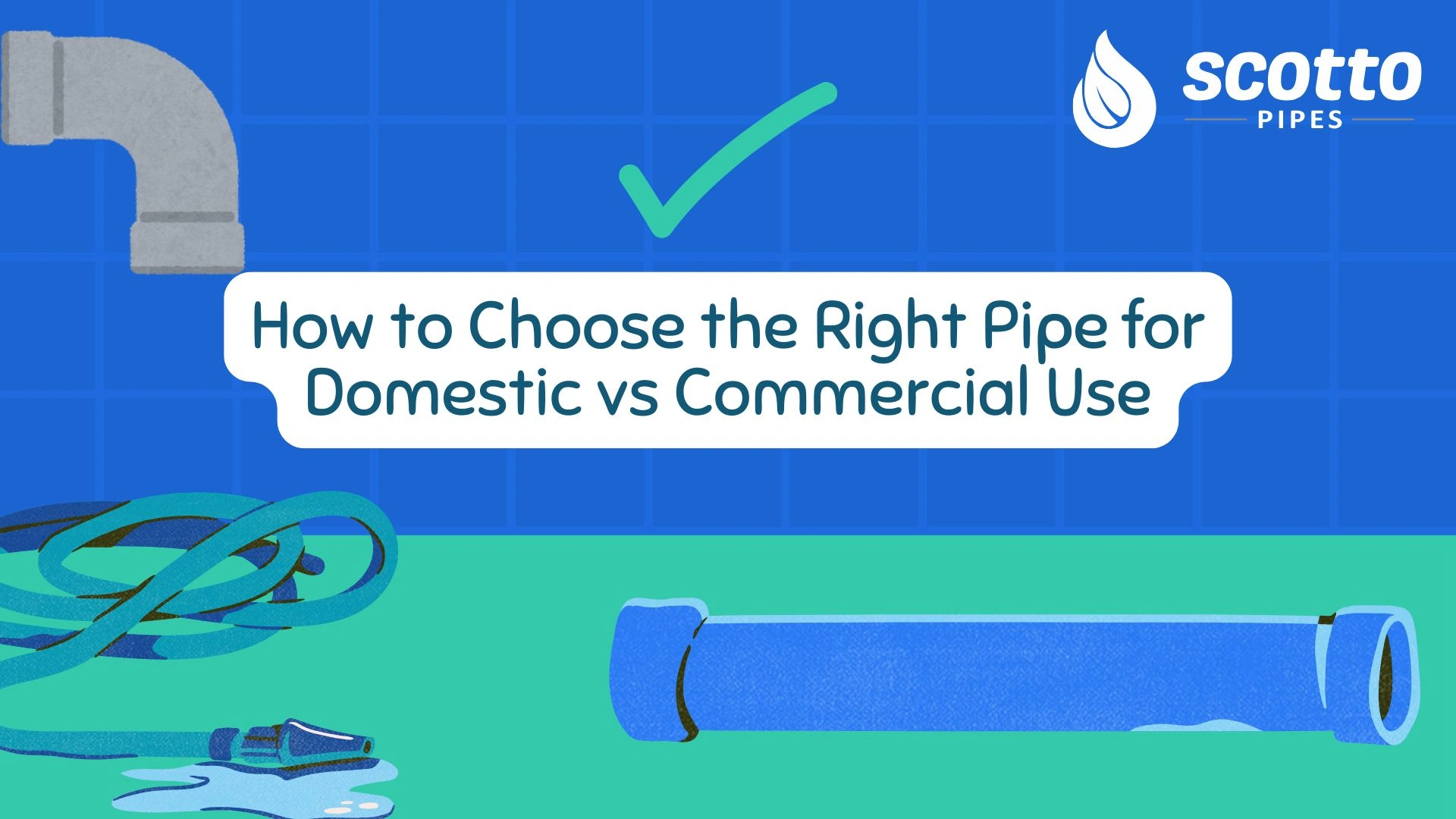
Using proper plumbing pipes is the key to a successful residential or commercial plumbing system. The correct selection has a direct implication on safety, durability, water efficiency, and performance. Because homes and commercial properties have different scope, pressures, and regulation requirements, it is critical to select the pipes on the basis of professionalism and practical experience.
Types of Pipes Commonly Used
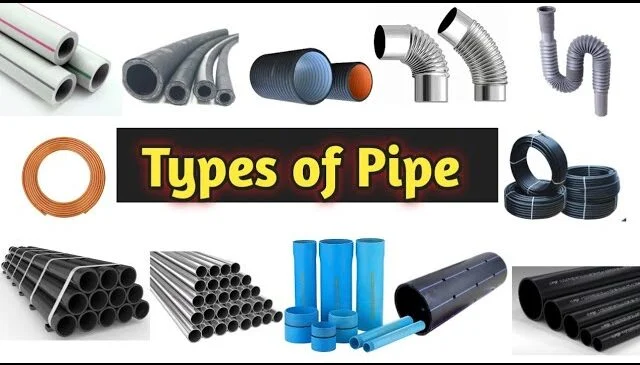
When it comes to plumbing and construction projects, choosing the right type of pipe is essential for durability, efficiency, and cost-effectiveness. Different materials suit different applications—whether for water supply, drainage, gas lines, or structural support. Here’s a breakdown of the most commonly used types of pipes:
-
PVC (Polyvinyl Chloride): lightweight, easy to corrode, and suitable drainage, waste and vent pipe in residential places. Inappropriate in the use of hot waters.
-
Chlorinated Polyvinyl Chloride (CPVC): Can deal with hotter temperatures than PVC thus appropriate to carry hot water in both residential and commercial applications.
-
uPVC (Unplasticized Polyvinyl Chloride): Light in weight and very strong and resistant to corrosion it is perfect in supplying cold water, draining, sewer and irrigation even in electrical conducts both at home and at work.
-
PEX (Cross-linked Polyethylene): It is very flexible, installation is easy and it resists scale and chlorine. Applied in the supply of hot and cold water to both residential buildings and certain commercial premises.
-
Copper: Copper plumbing pipe is a widely known reliable and long-lasting material that is utilized widely in both residential and commercial properties in water supply lines.
-
Galvanized Steel: Corrosion resistant, has a strong force but tends to rust with time. Found more often in older buildings and in a few commercial applications.
-
Cast Iron: Very tough and noise-insulating, being suitable in commercial drainage systems.
Get Durable Pipe & Pipe Fittings
Key Considerations for Pipe Selection
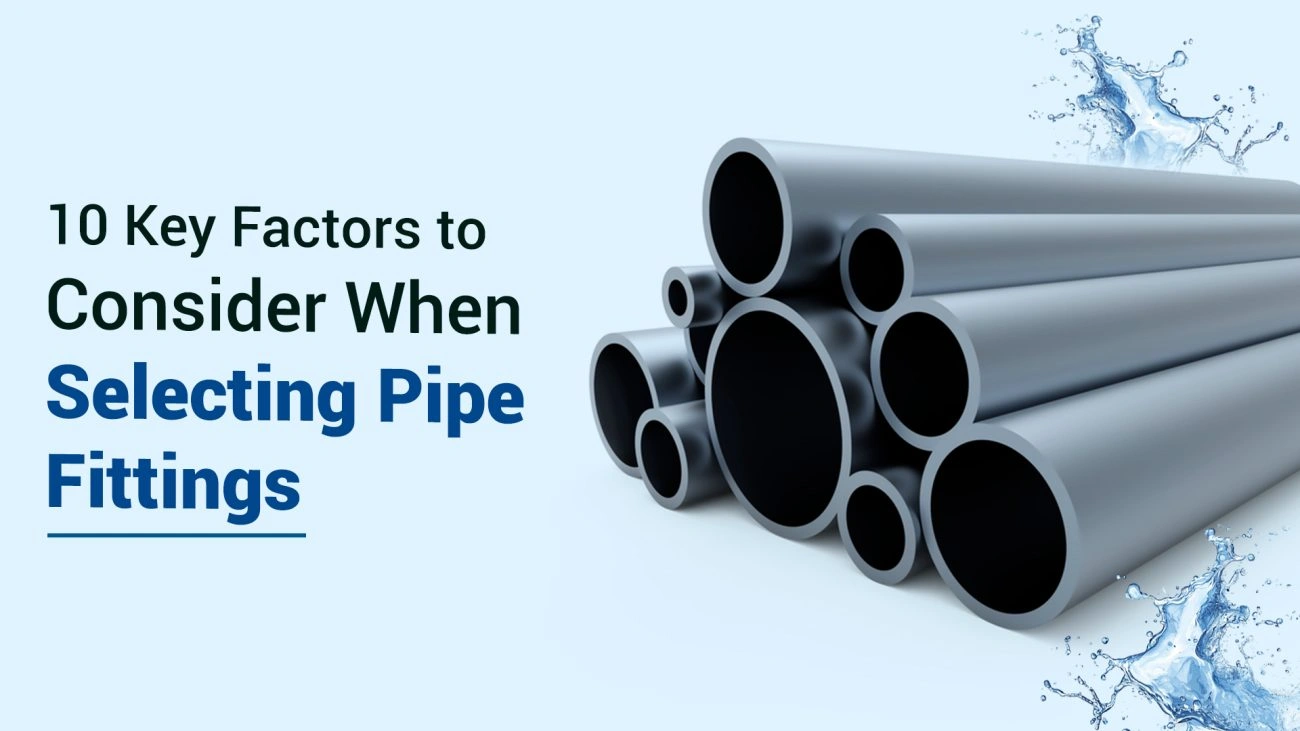
Identify the Application
Residential Plumbing: Reduced water pressure and Reduced fixtures. The choice materials are PEX, PVC, and copper.
Commercial Plumbing: Needs a great deal of high use, high pressure pipes. These widely used materials are CPVC, galvanized steel, UPVC and cast iron.
Assess Environmental Factors
Indoor or outdoor: PVC is used outdoors as it is UV resistant; PEX in indoor, water supply.
Resistance To Temperature: If it is a hot water or temperature fluctuation, use copper pipes, CPVC pipes, or UPVC pipes.
Check Local Codes and Standards
As you always need to check local building codes, maybe they will determine which kind of pipes may be used, pipe sizes, and the means of installation in case of residential or commercial projects.
Determine the Diameter and Flow Rate
Select a proper pipe size and design to achieve the right level of flow rates and pressure, particularly in huge commercial applications.
Consider Cost and Maintenance
Pvc plumbing pipes are cheap and easily maintainable but the commercial pipes varieties such as copper and cast iron may need advance investments but have to last longer and also perform efficiently.
Seek Professional Advice
In complex or large projects, particularly commercial projects, contact older and more experienced plumbers to make sure that they meet the regulations and perform optimally.
Domestic vs Commercial Pipe Selection: Key Differences
| Feature | Domestic Use | Commercial Use |
|---|---|---|
| Scale | Small, simple systems | Large, complex networks |
| Water Pressure | Lower, fewer fixtures | Higher, many fixtures |
| Material Choice | PVC, PEX, Copper | Copper, CPVC, Galvanized Steel, Cast Iron |
| Durability Needs | Standard durability | High durability for heavy use |
| Regulatory Standards | Basic compliance | Strict codes and frequent inspections |
| Maintenance | Less frequent, simpler repairs | Regular, specialized maintenance |
| Installation Cost | Lower | Higher, but justified by scale/usage |
Why Is Choosing the Right Pipe Important?
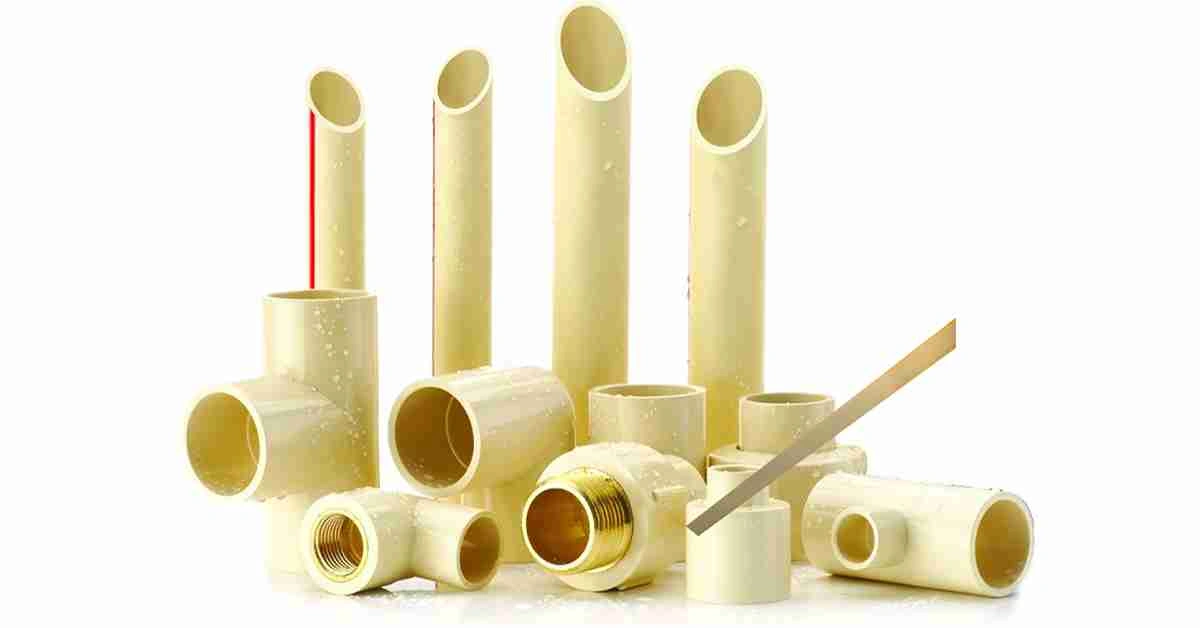
Selecting the appropriate pipe material is fundamental for the safety, efficiency, and longevity of any plumbing system—whether domestic or commercial.
-
Water Safety: Quality materials like PEX pipe, copper, or UPVC help preserve drinking water quality and reduce contamination.
-
Leak Prevention: Durable piping minimizes the risk of corrosion, leaks, and water damage—especially critical in commercial buildings.
-
Long System Life: Materials like uPVC, reinforced CPVC, and copper deliver long service life, reducing frequent repair costs.
-
Pressure & Volume Management: Pipes must handle system-specific flow rates and pressures, with commercial plumbing needing more robust solutions.
-
Regulatory Compliance: Using the wrong pipe can result in costly code violations or system failures.
-
Cost Efficiency: Choosing a low-maintenance, high-performance material may seem expensive initially but pays off over time.
Choosing the right pipe is not just about immediate needs—it’s an investment in the safety, reliability, and performance of your plumbing infrastructure.
Maintenance Considerations
Domestic Systems: Require periodic checks for leaks, corrosion, and blockages. DIY repairs are possible for minor issues, but professional servicing is recommended for major problems.
Commercial Systems: Demand routine professional maintenance, including inspections, cleaning, and preventive repairs due to higher usage and stricter safety standards.
Tips for Longevity and Performance
Choose the Right Pipe: Match pipe material to water quality, temperature, and pressure requirements.
Proper Installation: Always use trained professionals, especially for commercial projects, to avoid costly mistakes and ensure compliance.
Regular Inspections: Schedule periodic checks to catch issues early and extend system lifespan.
Conclusion
Choosing the right pipe and pipe fitting depends on understanding the specific demands of your project. For homes, focus on ease of installation, cost, and basic durability. For commercial projects, prioritize robust materials, compliance with stringent codes, and the ability to handle high usage and pressure. Always consult local regulations and seek professional guidance for the best results. Proper selection ensures safety, efficiency, and longevity of your plumbing system.
At Scotto Pipes, we understand that the backbone of any successful plumbing system is built on the foundation of reliable, durable, and regulation-compliant piping. As a leading manufacturer and supplier of residential and commercial plumbing pipes, we offer an extensive range of PVC, CPVC, uPVC, garden pipes, suction pipes and other high-performance piping solutions designed for long-lasting efficiency and peace of mind.


